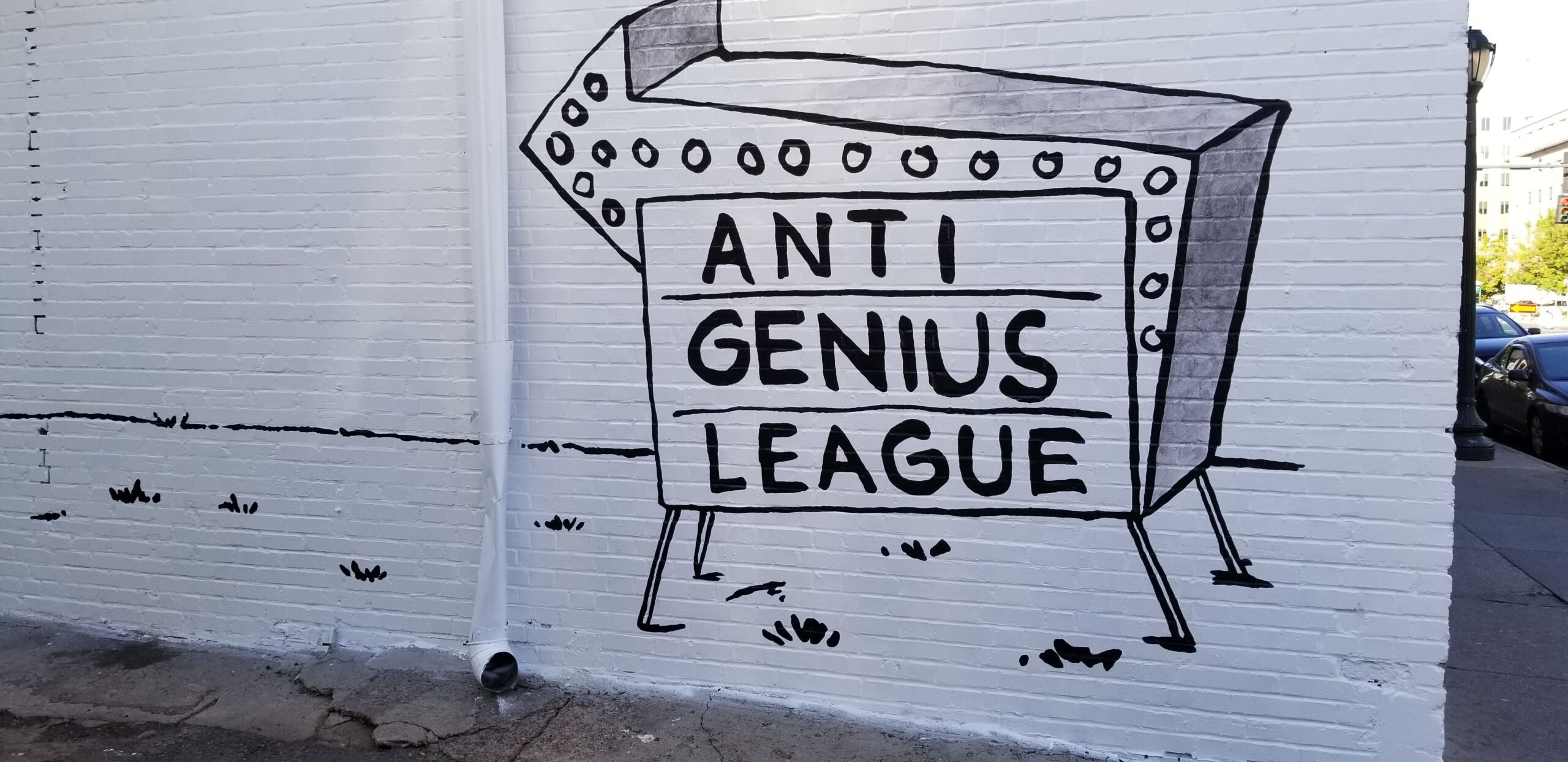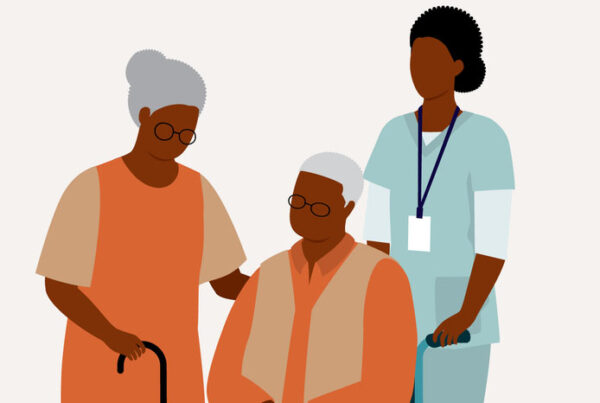Written by: Bob Bertsch
I recently took the VIA Character Strengths assessment (https://www.viacharacter.org/), and one of my top strengths was humility. Humility may seem like an odd strength. We often associate it with low self-esteem or feeling unworthy of attention, but the VIA Institute on Character describes “true” humility as “an accurate self-assessment, recognition of limitations, keeping accomplishments in perspective, and forgetting of the self.” Viewed in that way, humility can be a valuable asset, especially in collaboration and community engagement.
The Logics of Co-Production
In a study of knowledge co-production (a type of collaboration between experts and non-experts), Sandra van der Hel identified three “logics” or rationales experts use to justify co-producing with non-experts: the logic of accountability, the logic of impact, and the logic of humility” (2015).
When using the logic of accountability, experts are focused on being responsive to the needs of society in order to justify their work, for example to justify public spending on research or education. In theory, co-production guided by the logic of accountability would take advantage of non-expert insights to inform the general direction of a program. However, in practice it can mean inviting non-experts in so experts can check the “public input” box.
The logic of impact is used by experts when they think including non-experts will lead to a better implementation and/or greater impact of their work. Non-experts are brought in to share insights into the needs a program is trying to address and to inform experts of changes in those needs throughout development. The result can be a better program or solution, and an invested group of non-experts who can help promote the program.
When using the logic of humility, experts recognize their role in society as a whole and acknowledge there are ways of knowing beyond expert knowledge. Co-production guided by the logic of humility recognizes non-experts as full partners with skills and knowledge that can be directly applied to a program or solution.
Tensions Between the Logics
The three logics emerged from van der Hel’s study of Future Earth, a project that aimed to bring global sustainability research to the mainstream. Co-producing knowledge with non-scientific people was a core principle of the project, but van der Hel found that there were tensions between the scientists’ rationales for that core principle. These tensions led to disagreements over which non-experts to invite into the process and what the role of non-experts should be in the process.
The logic of humility was central in the initial foundations of Future Earth, but the final design of the project was dominated by the logic of accountability and the logic of impact. Van der Hel suggests the logic of humility is “less accommodative of the traditional values of scientific independence and autonomy” and so “is met with misunderstanding and resistance by some members of the scientific community, hindering the institutionalisation of this logic in Future Earth.”
I would go further. The logic of humility is a departure from how each of us (scientists, educators, clinicians, etc.) views ourselves as experts and how our society views expertise in general. Bringing the strength of humility to our work can open us up to new ways of knowing, encourage us to practice reflection, and increase our capacity to affect change by inviting “non-experts” into our work.
Putting It Into Practice
The study of co-production at Future Earth shows that even if an organization or group have agreed on a principle, they may have different rationales for why that principle is important. Discussing these rationales is critical because, as demonstrated in the case of Future Earth, those rationales directly affect how the principle is implemented. Beyond agreeing to a principle, we can encourage our teams and organizations to talk about why each of us supports that principle, leaving space for different rationales.
Understanding these different rationales can help us when putting that principle into action. When that action involves seeking community engagement, collaboration, or co-production, being clear about the rationale or logic driving that action can help us sit with tensions among “experts” and avoid misunderstandings with “non-experts.”
Whether it is one of our top strengths or something we need to work harder at, practicing humility, opening ourselves to the experience of others, and getting more comfortable with uncertainty can help lead us to more inclusive, creative, and effective collaborations.
References
van der Hel, S. (2016). New science for global sustainability? The institutionalisation of knowledge co-production in Future Earth. Environmental Science & Policy, 61, 165–175. https://doi.org/10.1016/j.envsci.2016.03.012













